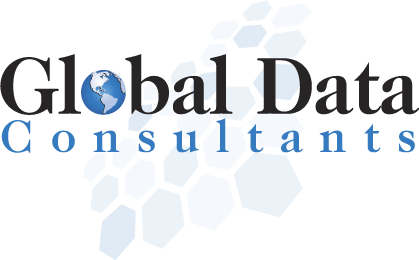 The market for the treatment of rheumatoid arthritis (RA) will continue to experience a steady growth internationally, from a $15.6 billion value in 2013 to $19.3 billion come 2023, which matches 2.1% on a Compound Annual Growth Rate (CAGR). These are the conclusions of research and consulting firm GlobalData, which were recently published in their latest report.
The market for the treatment of rheumatoid arthritis (RA) will continue to experience a steady growth internationally, from a $15.6 billion value in 2013 to $19.3 billion come 2023, which matches 2.1% on a Compound Annual Growth Rate (CAGR). These are the conclusions of research and consulting firm GlobalData, which were recently published in their latest report.
The expansion of the market for medication for the treatment of RA during the next decade may be related to an increase in the prevalence of the disease, according to the report from GlobalData. In line with this, the company believes that the trend will be driven by the launch of novel drugs, in particular several biosimilars currently under investigation, along with 3 interleukin-6 inhibitors, 4 biologics novel to the RA market, and 4 Janus kinase (JAK) inhibitors.
“Drugs with novel mechanisms of action, including biologics and small molecules, are welcome additions to the RA therapeutics market. However, this arena will become increasingly crowded over the next decade,” explained the analyst of GlobalData for Immunology, Heather Leach, Ph.D., in a press release. “RA is an attractive therapy area for pharmaceutical companies as it is dominated by expensive biologics, and oral JAK inhibitors entering the market are expected to be priced only at a slight discount. Perhaps the most anticipated event in the RA space is the addition of biosimilars, which are assumed to be priced at a 30% discount to the reference product.”
GlobalData clarified that even though biosimilars are less expensive therapeutic alternatives for RA patients, since there is still a lack of regulation for it, there can still remain a large period of time until this type of medication becomes available in several regions. In addition, the R&D process necessary to achieve marketing approval for biosimilars can be a challenge for other companies.
“Furthermore, these alternative products are expected to steal significant patient share and cut into the profits of major RA treatment brands, such as Amgen/Pfizer/Takeda’s Enbrel, AbbVie’s Humira, and Bristol Myers Squibb/Ono’s Orencia. This will impact negatively on future revenue growth for this treatment area,” added Leach.
In addition to the significant growth predicted by the consultant until 2023, the company also stated that among the 10 bigger pharmaceutical markets, which includes the Unites States, France, Germany, Italy, Spain, the United Kingdom, Japan, Australia, China, and India, the U.S. is the country that holds the largest share in the RA treatment market, with 67% of space in 2013. Despite a minor reduction to a 65% share by 2023, the country will continue to rank first in the list.
A biosimilar is a biological product designed to be very similar to a reference medicinal product, its originator, and needs to follow guidelines of the U.S. Food and Drug Administration, European Medicines Agency, and CDSCO regulation. In order to be commercialized, a biosimilar needs to be proven against approximated levels of safety and efficacy that its originator has, and should be notably more affordable and accessible.
In other news on biosimilars for RA, Indian biopharmaceutical company Zydus Cadila has recently launched the first biosimilar of Adalimumab (Enbrel) in the world, which is the largest selling therapy globally. This event increases the possibility that the up to 12 million people with immune disorders such as rheumatoid arthritis, psoriatic arthritis, juvenile idiopathic arthritis and Ankylosing Spondylitis in India will to have access to treatment.


